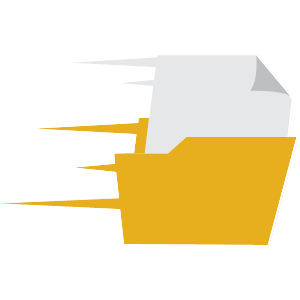DiodeMcRoy
New member
I'm working on crafting my own Mellotron-inspired sound and thought I’d share my process in case anyone has feedback or suggestions. Here’s the step-by-step breakdown of what I'm trying to achieve. This is highly experimental.
Maybe I should make blend the original recording with the cassette tape.
I'll report back when I do. Thanks in advance if you have any suggestion. I'd love to try the same process on glass wine if this works.
- I. Recording Flute Notes
- II. Transferring and Editing in my DAW
- III. Cassette Tape Recording for Vintage Texture
- IV. Re-import and Final Setup in FL Studio
Maybe I should make blend the original recording with the cassette tape.
- Questions or Suggestions?
I'll report back when I do. Thanks in advance if you have any suggestion. I'd love to try the same process on glass wine if this works.


